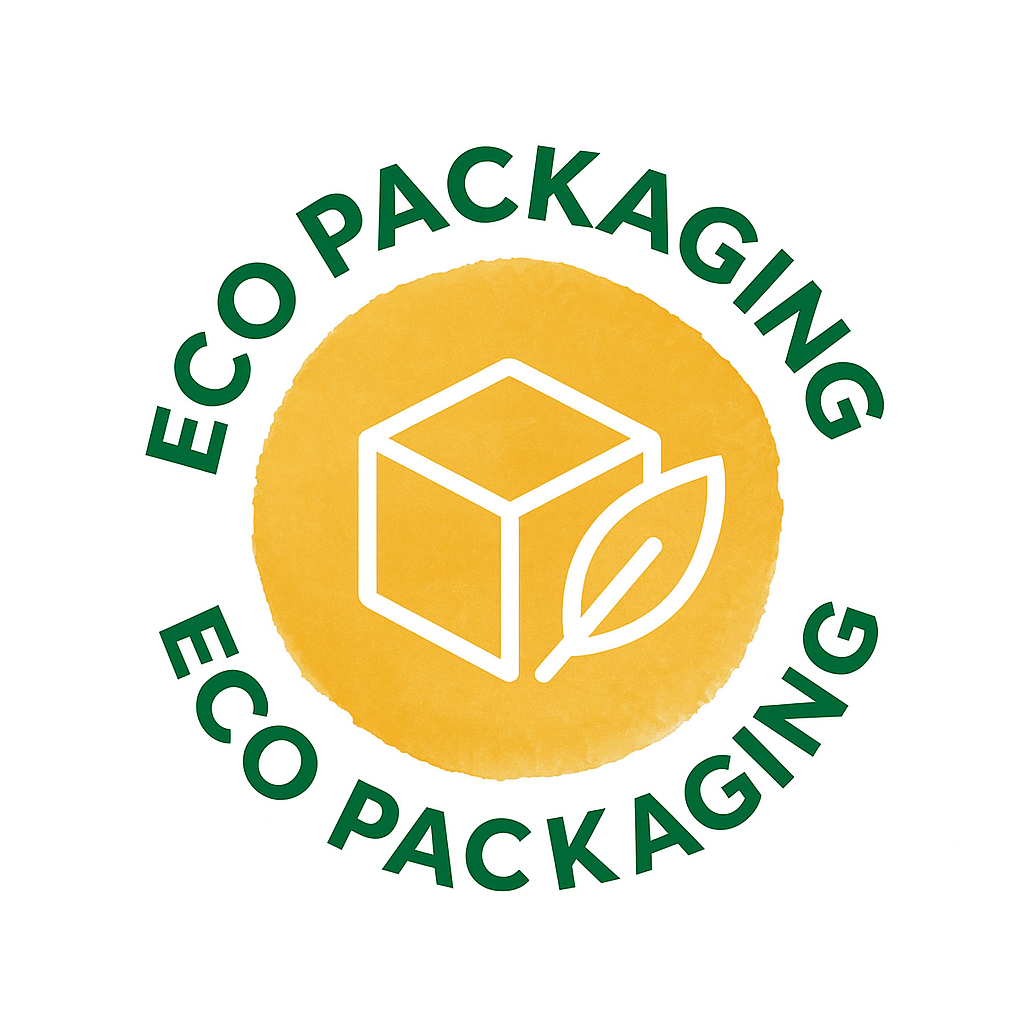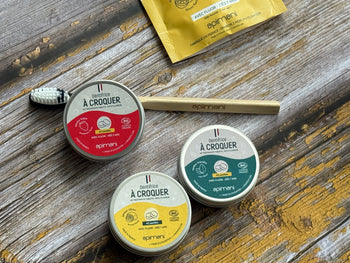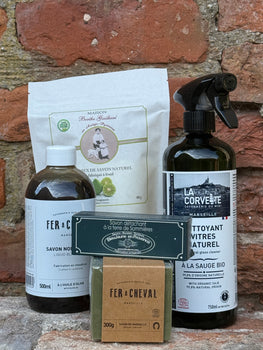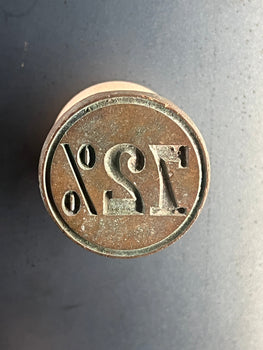
Gifting couldn't be easier
Add a gift message to be emailed to when their parcel arrives, or at a time of your choice.
Eco. Eco-friendly. Sustainable. Green.
You see these words on labels everywhere in UK shops—but do they always mean what they say?
With eco-conscious shopping becoming mainstream, it’s easy for brands to use “eco” as a buzzword without the proof.
Eco = Ecology: Derived from the Greek oikos meaning “home,” eco relates to caring for our shared home—planet Earth.
Eco-friendly: Designed to cause little or no environmental harm.
Green: A casual synonym for eco-friendly, but less defined.
Sustainable: Goes beyond eco, covering social and economic responsibility too.
In short: Eco is about balance—choosing products that respect nature and future generations.
Unfortunately, greenwashing—using eco terms for marketing without substance—is common.
Zero waste products that still come wrapped in plastic.
Natural soaps loaded with synthetic fragrances.
Eco claims without certifications or ingredient transparency.
Shoppers must look past the label.
Use this quick eco-shopping checklist:
Certified labels → ECOCERT, Soil Association, RSPO.
Natural, biodegradable ingredients → olive oil, laurel oil, shea butter.
Plastic-free packaging → recyclable, compostable, or minimal.
Transparency → clear sourcing, clear ingredients.
Longevity → multipurpose products that last.
Made from just olive oil, water, salt, and ash.
100% biodegradable and multipurpose (body, hair, laundry, cleaning).
Plastic-free, long-lasting, and value-for-money.
Certified heritage product with centuries of tradition.
Customer Review:
“These Marseille cubes are incredible. One bar lasts me months and has replaced bottles of shower gel and cleaning products. Eco and economical!” – Claire M.
Traditional Soap Flakes – Eco Laundry the French Way
Pure vegetable soap, no synthetic detergents.
Gentle on skin, fabrics, and the environment.
Plastic-free and extremely economical (hundreds of washes per bag).
Customer Review:
“I’ve ditched supermarket detergents—soap flakes are simple, eco, and they actually work. My sensitive skin loves them.” – James R.
Synthetic soaps with harsh additives (SLS, parabens, triclosan).
“Eco” products with heavy plastic packaging.
Brands without transparent ingredient lists or sourcing.
Single-use “natural” wipes or sachets.
Eco Choice
Why It’s Truly Eco
Avoid
| Savon de Marseille cubes | Minimal ingredients, biodegradable, multipurpose | Bottled shower gels with plastics & additives |
| Soap Flakes | Plastic-free, versatile, cost-effective | Synthetic detergents, enzyme powders |
| Products with certifications | Transparency & accountability | Unverified “eco” claims |
| Locally sourced & low packaging | Lower carbon footprint | Over-packaged imports |
“Eco” is more than a label—it’s a lifestyle choice. The best eco products are simple & transparent, always read between the lines, what's not being said?!
At French Soaps, Traditional Marseille soaps and soap flakes tick every eco box: biodegradable, plastic-free, and multipurpose. They’re proof that shopping eco doesn’t mean compromise—it means choosing better.
Ready to make the switch?
©️ French Soaps UK 2025
If you would like help shopping this article, or have further product or ingredient questions then please contact us and we will be happy to help. E. bonjour@frenchsoaps.co.uk T. 01423 803080
Telephone or Whats App: 01423 803080
Email: bonjour@frenchsoaps.co.uk
Social: @FrenchsoapsUK
Address: Unit 14 Ousegill Business Park, Carr Side Road, Great Ouseburn, North Yorkshire, YO26 9AE
Sign up for our newsletter and get all the latest news, offers and more delivered straight to your inbox. You can unsubscribe at any time. By 'submitting' you are agreeing to our T&C's and Privacy Policy.
Gifting couldn't be easier
Add a gift message to be emailed to when their parcel arrives, or at a time of your choice.



